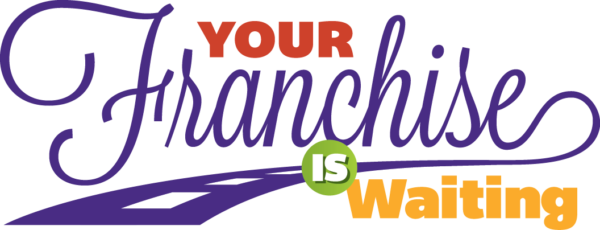“How will I fund my franchise?” is one of the first conversations we will have when we begin working together. It’s a widely accepted truth that one of the biggest contributors to any new business failing is going in undercapitalized. With that in mind, here’s a quick review of the most popular ways businesses get financed:
-
Savings:
The first and most obvious option, is to look at your savings. If you have mutual funds, bonds and stock market investments, you can liquidate (taxes will be incurred) and apply towards your business. Your are going to need to use this for your capital infusion requirements of a loan anyway – and we recommend you have at least 80K liquid in non retirement accounts before you consider moving forward.
-
Rollovers as Business Startups (ROBS):
Another option is to use your retirement funds. This has become one of the most popular ways over the last few years to finance franchises. It’s a complicated area and we have lots of information on this – including a free ebook you can access here.
-
Bank and Credit Union Loans:
If using your savings isn’t the best choice for you, another option is to get a loan from your bank or credit union. They aren’t super likely to fund a startup business, but you can access funds there cheaply for a home equity line of credit (HELOC).
-
SBA Loans:
These loans provide short-term capital (typically 7 or 10 year terms) that can cover your franchise fee, equipment, lease buildout and working capital. They are the #1 source of funding for franchises in America. In fact they are in the business of funding franchises through their various programs offered by bank providers. Happy to refer you to the ones that we know are likely to get it done.
-
Unsecured Lines of Credit:
A non-traditional line of credit in the form of business credit cards are among the easiest lines of credit you can get. It will provide fast access to cash, and payment flexibility typically associated with a traditional credit line but with substantial drawbacks. We rarely recommend these unless the need is for a smaller amount of money and the ability to pay back quickly is there. Can be a great choice for someone otherwise not eligible for an SBA loan.
-
Home Equity Lines of Credit (HELOC):
A home equity line of credit (often called HELOC and pronounced Hee-lock) is a loan in which the lender agrees to lend a maximum amount within an agreed period (called a term), where the collateral is the borrower’s equity in his/her house (akin to a second mortgage). These are among the lowest cost loans out there. I wouldn’t hesitate to tap into this if your business acumen is strong and the franchise is low risk and high ramp up. Typically that would be non brick and mortar businesses that are service oriented.
These are just some of the more traditional methods of funding your franchise. Many businesses are started using a combination of these options. And don’t forget some obvious other alternatives. Many large and successful businesses (Whole Foods is one that comes to mind) have been financed in the beginning by friends and relatives.
To summarize: put together a business plan, talk to your franchise consultant and tax advisor, do your due diligence and all things are possible.
 To learn more about each method of funding and learn whether it might be an option for you, download our free e-book “How Will I Fund My Franchise?” today!
To learn more about each method of funding and learn whether it might be an option for you, download our free e-book “How Will I Fund My Franchise?” today!


